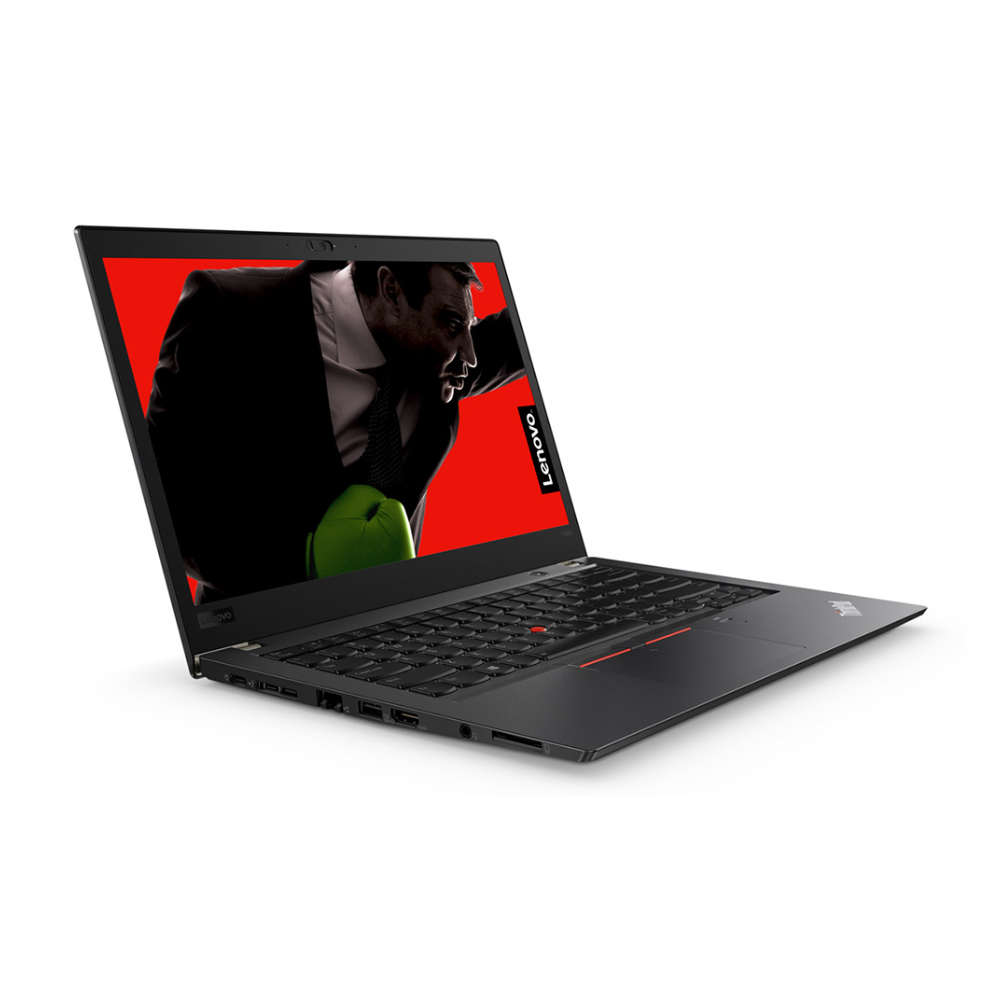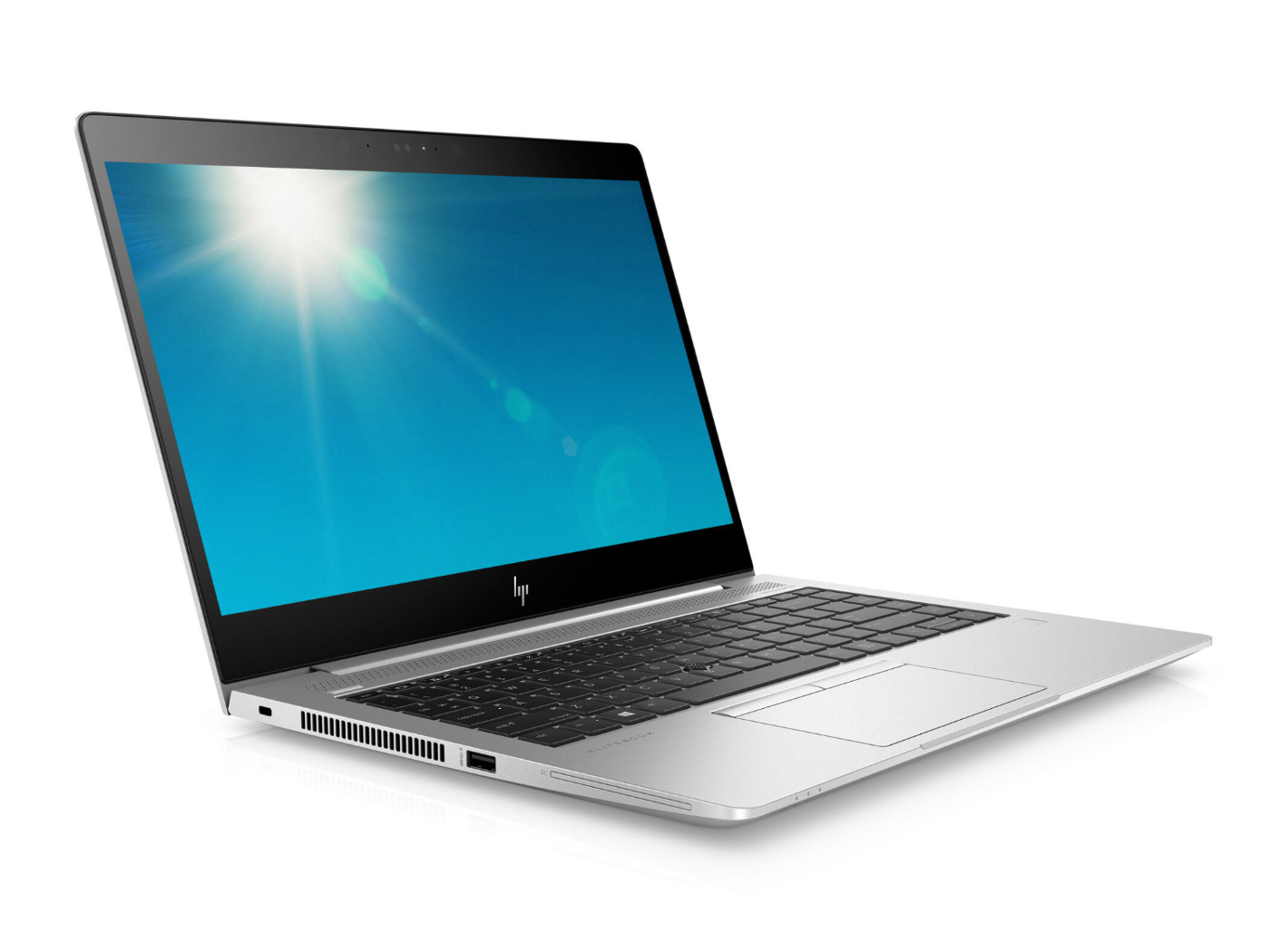Best Linux laptops in comparison
Your perfect Linux laptop: Lenovo or HP – together we'll find it! Imagine opening the box of your new laptop, excited to install Linux on it. Pe...

Imagine opening the box of your new laptop, excited to install Linux on it. Perhaps you already have experience with Linux, or you're just taking your first steps. Choosing the right laptop is crucial to getting the most out of your Linux experience. Two of the most well-known brands often discussed in the Linux community are Lenovo and HP . But which brand is the better choice? And what should you look for when buying a used computer?
I still remember my first encounter with Linux: an old Lenovo ThinkPad I bought for a penny. I installed Ubuntu on it and was surprised at how smoothly everything worked. This experience made me understand why so many in the open source community swear by Lenovo. But HP also has a loyal fan base with its EliteBook and ProBook models.

Lenovo has been known for decades for its ThinkPad series —laptops originally developed by IBM. They enjoy a legendary reputation in the Linux community for their robust construction and excellent Linux support. Since the 1990s, ThinkPads have been the first choice for developers and tech enthusiasts.
My first Linux laptop was a used ThinkPad T420. I bought it from an IT retailer, installed Debian, and was amazed at how smoothly it ran. The advantages of Lenovo's Linux operating system were immediately noticeable:
Even today, many people swear by Lenovo, especially the T and X series, because they promise excellent Linux compatibility.
If you decide to buy a Lenovo laptop , you should check beforehand whether your model has BIOS or UEFI options for disabling Secure Boot. Most current Lenovo laptops are fully compatible with Ubuntu or Fedora. A good choice for beginners is Linux Mint, as it promises a simple interface with hardware support.

HP is best known for its business laptops , primarily the EliteBook and ProBook series. These devices are robust, well-equipped, and often designed for long-term corporate use. But are they also suitable for Linux?
The short answer: Yes, but with minor limitations. While many EliteBooks run Linux flawlessly, there are some models with problematic Wi-Fi chips or fingerprint sensors. A quick check in Linux forums or on websites like linux-laptop.net often helps.
A friend of mine bought a used HP EliteBook 840 G3 a few years ago. He wanted to move away from Windows and opted for Arch Linux. The first few days weren't easy—he had to install an alternative Wi-Fi driver—but after a few tweaks, the system ran like a charm. He was impressed by the build quality of the HP laptop. EliteBooks are often made of aluminum, which makes them extremely durable.
If you choose HP, you should check beforehand whether your model has a Broadcom Wi-Fi chip. If so, you may need proprietary drivers. Fingerprint sensors may also require the installation of special packages. Ubuntu and Fedora usually have the best pre-installed drivers.
Which laptops are better suited for Linux?
Both brands promise options for Linux users. But which model is better for you?
My recommendation: If you're looking for a used computer and an affordable, reliable Linux laptop, used Lenovo ThinkPads are often the best choice. If you're looking for a high-quality laptop with modern features, a used HP EliteBook is worth considering.
Another point to consider when choosing between Lenovo and HP is the availability of spare parts and upgrades. If you're looking to buy a used computer, long-term serviceability plays a major role. Lenovo has a slight advantage here, as many ThinkPads are known for their modularity. Keyboards, batteries, RAM, and SSDs can often be replaced in a few simple steps, whereas HP laptops, especially newer models, have glued or soldered components.
Community support is also important. Lenovo's Linux laptops have the advantage of being used in the open source community for a long time. This means there are countless forum posts, guides, and distributions specifically optimized for ThinkPads, such as Ubuntu ThinkPad Remix. While HP is also well positioned here, Lenovo devices are often easier to configure because most drivers are included directly in the Linux kernel.
So, if you're hesitating between HP and Lenovo with Linux, it's worth paying attention to how well the devices are represented in forums and documentation. Even a very powerful laptop is of little use if you have to spend days searching for working drivers.
Whether you choose Lenovo or HP , both brands deliver great laptops for Linux users. While Lenovo excels with ThinkPads, HP EliteBooks are an equally good choice for those who value a bit more build quality. If you buy your laptop used from an IT retailer, you'll save money and protect the environment—and best of all, you can install Linux on it without having to worry about pre-installed bloatware.
My personal tip: If you want to try out Linux first, get a used ThinkPad from the T series. If you're using it professionally, an HP EliteBook 840 or 850 is the ideal alternative.